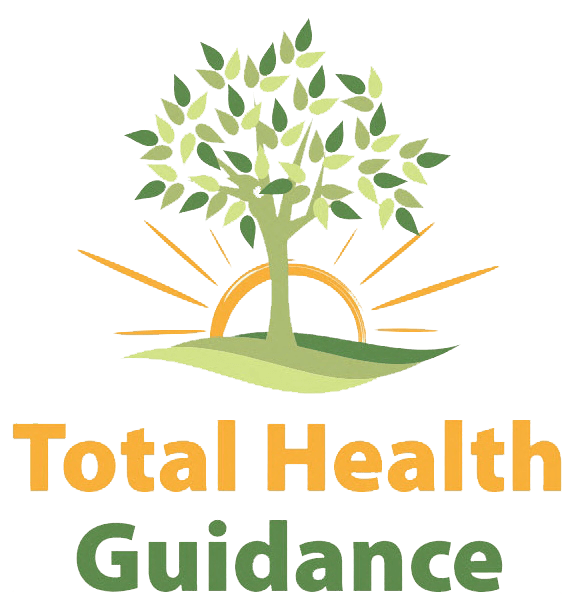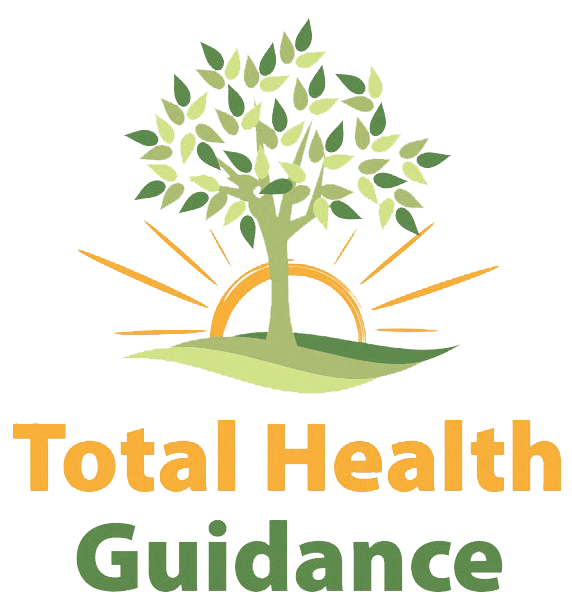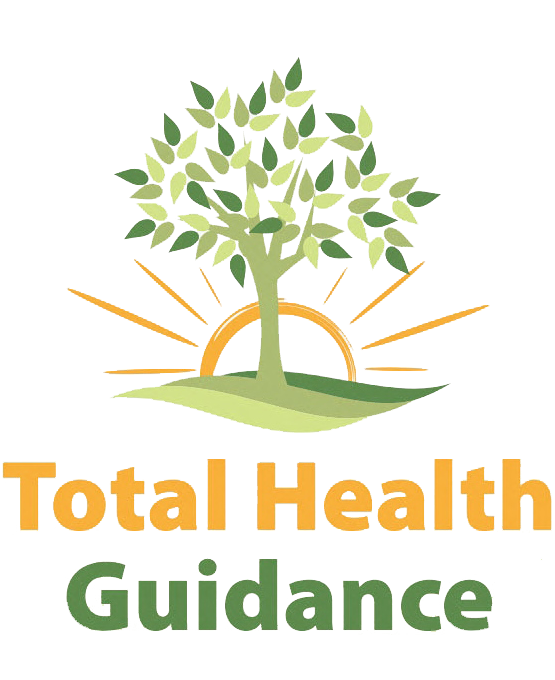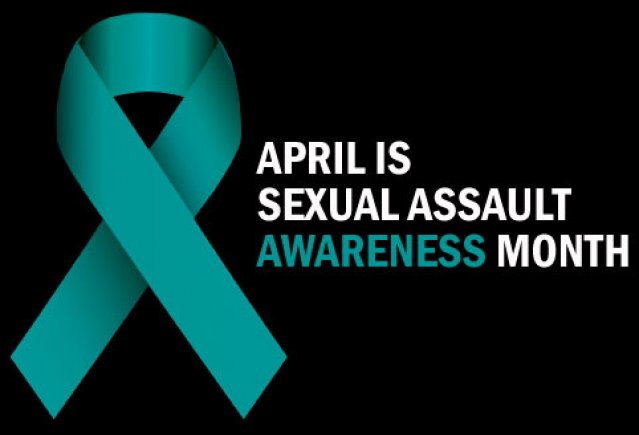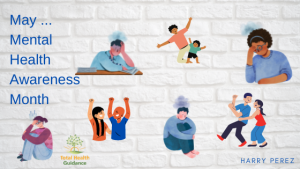April marks Sexual Assault Awareness and Prevention Month, a time dedicated to shedding light on the pervasive issue of sexual violence and fostering a culture of prevention and support. As counselors, educators, and advocates, we must recognize our role in addressing this pressing societal concern and providing guidance that promotes total health and well-being.
Understanding Sexual Assault
Sexual assault is a deeply traumatic experience that can have lasting effects on survivors’ physical, emotional, and psychological well-being. It encompasses a range of behaviors, including rape, unwanted sexual touching, coercion, and harassment. It’s essential to understand that sexual assault is never the survivor’s fault and that every individual has the right to autonomy and bodily integrity.
The Role of Total Health Guidance
Total Health Guidance supports individuals in achieving holistic well-being across various aspects of their lives. When it comes to sexual assault awareness and prevention, this approach is invaluable. Here’s how Total Health Guidance contributes to addressing sexual violence:
- Education and Awareness: Counselors educate clients about the dynamics of sexual assault, consent, and healthy relationships.
- Empowerment and Self-Efficacy: Through counseling sessions, clients develop assertiveness skills, boundary-setting techniques, and strategies for navigating challenging situations.
- Trauma-Informed Support: For survivors of sexual assault, trauma-informed counseling is crucial. Total health guidance provides a safe and supportive environment for survivors to process their experiences, cope with trauma, and access resources for healing and recovery.
- Prevention Strategies: Counseling sessions can incorporate discussions on risk reduction strategies, bystander intervention techniques, and the importance of consent.
- Advocacy: Total Health Guidance plays a pivotal role in advocating for systemic changes that address the root causes of sexual assault, such as gender inequality, power dynamics, and societal attitudes toward consent and sexuality.
As we observe Sexual Assault Awareness and Prevention Month, let’s recommit ourselves to supporting survivors, preventing sexual violence, and promoting total health and well-being for all. If you or someone you know has been affected by sexual assault, you’re not alone. Please consider contacting a trusted counselor, support hotline, or advocacy organization for assistance and support. Remember, together, we can make a difference in creating a world free from sexual violence.
National Sexual Assault Hotline Hours: Available 24 hours
1-800-656-4673
Disclaimer: This post is informational only. Please seek professional assistance for individualized guidance and support.

